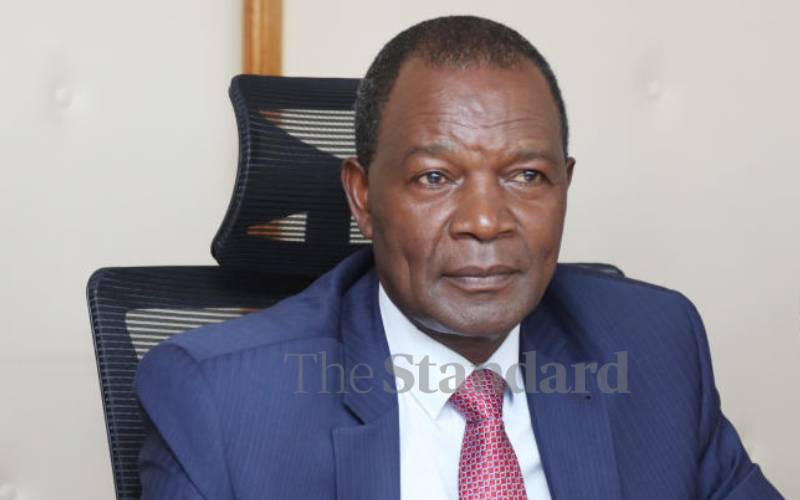×
The Standard e-Paper
Fearless, Trusted News

Kenya spent 84 per cent of tax collections in the first two months of the current financial year to repay its creditors, pointing to an elevated risk of debt distress, it has now emerged.
Debt servicing costs amounted to nearly Sh267 billion in July and August against a record Sh317.58 billion in tax receipts, the latest Treasury data shows.